The French Bulldog is the #1 most popular dog breed in the U.S. for the third year in a row. Known as “Frenchies,” these small dogs (16–28 lbs) are loved for their compact size, making them perfect for city apartments or small homes.
Their unique appearance-bat-like ears, wrinkled face, and muscular build-makes them easy to recognize. Frenchies have playful, affectionate personalities and form strong bonds with families. They’re low-energy, needing just 20–30 minutes of daily exercise, but their snoring and snorting (due to flat noses) are part of their charm.
While gentle with kids and pets, French Bulldogs thrive on attention and prefer staying close to their owners. Their short coat comes in colors like fawn, brindle, and pied, requiring minimal grooming.
Why so popular? Frenchies adapt well to busy lifestyles, fit into small spaces, and have big personalities in small packages. However, their flat faces can cause breathing issues, so avoid overheating.
From social media stars to city companions, the Frenchie’s mix of charm and convenience keeps them on top.
Breed Overview
| Breed Name | French Bulldog |
| Origin | France |
| Size | Small |
| Height | 11–13 inches (28–33 cm) at the shoulder |
| Weight | 16–28 lbs (7–13 kg); males often larger |
| Build | Compact, muscular, sturdy, heavy-boned |
| Coat | Short, smooth, fine |
| Coat Colors | Brindle, fawn, cream, white, pied (AKC standard); blue, lilac, merle (rare) |
| Lifespan | 10–13 years |
| Temperament | Playful, affectionate, easygoing, social, alert |
| Exercise Needs | Low to moderate; short walks and playtime |
| Grooming Needs | Low; weekly brushing, daily wrinkle cleaning |
| Shedding | Moderate |
| Good with Children | Yes |
| Good with Other Pets | Yes, if socialized early |
| Common Health Issues | Breathing problems (BOAS), skin allergies, hip dysplasia, heat sensitivity |
| Trainability | Intelligent but can be stubborn; responds to positive reinforcement |
| Barking Level | Low; generally quiet |
| Apartment Friendly | Yes |
French Bulldog Size: Growth Charts & Comparisons
French Bulldogs are a small, sturdy breed. As adults, they usually stand 11–13 inches (28–33 cm) tall at the shoulder and weigh between 16–28 pounds (7–13 kg). Males are often a bit heavier than females, but both are similar in height.
Here’s a simple French Bulldog size chart:
| 3 months | 10–14 lbs | 8–12 lbs | 4–6 inches |
| 6 months | 17–22 lbs | 13–20 lbs | 7–9 inches |
| 1 year | 20–28 lbs | 17–24 lbs | 11–13 inches |
French Bulldogs are a bit heavier and taller than Pugs, but similar in size to Boston Terriers. They have a muscular build and a compact body.
To keep your Frenchie healthy, avoid overfeeding and watch their weight. Use a harness instead of a collar to protect their airways, as their short noses can make breathing harder. With the right care, your French Bulldog will grow into a happy and sturdy companion.
French Bulldog Lifespan: Averages & Factors
The average French Bulldog lifespan is about 10–12 years, though some Frenchies can live up to 14 years with excellent care. This makes them one of the longest-living bulldog breeds. Their life expectancy depends on many things, including genetics, diet, exercise, and regular vet visits.
How to Help Your Frenchie Live Longer
1. Manage Weight:
French Bulldogs can easily become overweight, which puts stress on their joints and can lead to other health problems like diabetes and heart disease. Feed your Frenchie a balanced diet and avoid giving too many treats. Regular, gentle exercise-like short walks and playtime-helps keep them fit without overexertion.
2. Avoid Overheating:
Frenchies have short noses (they are a brachycephalic breed), which makes it hard for them to breathe, especially in hot weather. Always give them access to fresh water, avoid walks during the hottest part of the day, and never leave them in a hot car. Use cooling mats or vests on warm days to help keep their temperature down.
3. Regular Vet Check-Ups:
Take your French Bulldog to the vet every 6–12 months, even if they seem healthy. Regular check-ups help spot problems early, such as breathing issues, joint pain, or allergies. Keep up with vaccinations and parasite control to protect your dog from common illnesses.
4. Choose a Reputable Breeder:
If you are getting a puppy, pick a responsible breeder who tests for health problems and avoids inbreeding. Good genetics can help your Frenchie live a longer, healthier life.
5. Mental Stimulation:
Keep your Frenchie’s mind active with puzzle toys, games, and training sessions. This prevents boredom and helps them stay happy.
By managing your French Bulldog’s weight, protecting them from heat, and visiting the vet regularly, you can help your Frenchie enjoy a long, happy life.
French Bulldog Colors: From Standard to Rare
French Bulldogs come in many colors. Some are common and safe, while others are rare and can cause health problems.
AKC-Approved Colors
The American Kennel Club (AKC) accepts these main French Bulldog colors:
- Brindle: Black and fawn mixed together. Read more about brindle Frenchies.
- Fawn: Light tan to reddish brown.
- Cream: Soft, pale yellow.
- White: All white or mostly white.
- Pied: White with patches of another color, like black or fawn.
These colors are healthy and common. Most good breeders offer Frenchies in these shades.
Rare and Controversial Colors
Some French Bulldogs are bred in rare colors:
- Blue: A grayish-blue coat.
- Lilac: Light gray with a pinkish tone.
- Chocolate: Deep brown.
- Merle: Patches of color, sometimes with blue eyes.
These rare colors may look special, but they can cause health problems. Merle dogs can be deaf or have eye trouble. Blue and lilac coats can lead to skin and hair loss.
Warnings
Rare-colored Frenchies often cost more but may not be healthy. Some breeders care more about looks than health. Always choose a breeder who puts the dog’s health first.
Stick with standard colors for a happy, healthy French Bulldog. Rare colors may look pretty, but they can come with hidden risks.
French Bulldog Health Issues: Prevention & Care
French Bulldogs are lovable pets, but they have special health needs. Knowing the most common French Bulldog health problems and how to prevent them can help your Frenchie live a longer, happier life.
Common Health Problems
Brachycephalic Syndrome (BOAS):
French Bulldogs have short noses, which can cause breathing problems, especially in hot weather or after exercise. Signs include snoring, heavy panting, and trouble breathing. Mild cases need careful management, like avoiding heat and keeping your Frenchie at a healthy weight. Severe cases may need surgery to widen the nostrils or shorten the soft palate to help your dog breathe better.
Skin Allergies:
Frenchies often get itchy skin or skin infections, especially in their facial folds. Clean their wrinkles daily with a damp cloth and dry them well. Using hypoallergenic shampoos and a special diet can help reduce allergies.
Hip Dysplasia:
This joint problem can cause pain and trouble walking. Keep your Frenchie at a healthy weight to avoid extra stress on their joints. Your vet may suggest joint supplements or gentle exercise.
Heat Sensitivity:
French Bulldogs overheat easily because of their flat faces. Always give them fresh water, avoid walks in hot weather, and use cooling mats if needed. Never leave your Frenchie in a parked car.
Preventive Care
- Regular Vet Visits: Take your Frenchie to a USDA-accredited vet for check-ups and health certificates. Early check-ups can catch problems before they get worse.
- Pet Insurance: Frenchies can have lifelong health issues. Pet insurance can help cover the cost of treatments and surgeries if needed.
- Healthy Diet: Feed your Frenchie a balanced diet to prevent obesity and skin problems. Ask your vet about the best food for your dog.
- Grooming: Clean facial folds, ears, and teeth regularly to prevent infections and dental disease.
By watching for early signs of health problems and following these care tips, you can help your French Bulldog stay healthy and happy for years to come.
Frenchie Care Tips for Owners
Taking care of a French Bulldog is simple when you follow a few key steps. Frenchies are loving and playful, but they do have special needs. Here are the most important tips for keeping your Frenchie happy and healthy.
Exercise
French Bulldogs need daily exercise, but not too much. Aim for about 20–30 minutes each day. This can be a couple of short walks or gentle playtime. Frenchies are not built for long runs or heavy activity. Because of their flat faces, they can get tired and overheated quickly, especially in hot weather. Always walk your Frenchie during cool parts of the day and watch for signs of heavy breathing or tiredness.
Grooming
Frenchies have a short coat that is easy to care for. Brush your Frenchie once a week to remove loose hair and keep their coat shiny. Their skin folds, especially around the face, need daily cleaning. Wipe their wrinkles with a damp cloth and dry them well to prevent infections. Bathe your Frenchie every few weeks or when dirty, using a gentle dog shampoo. Also, check and clean their ears weekly, trim their nails every 2–3 weeks, and brush their teeth two or three times a week.
Training
French Bulldogs are smart but can be stubborn. The best way to train your Frenchie is with positive reinforcement. Use treats, praise, and play to reward good behavior. Keep training sessions short-about 5 to 10 minutes-since Frenchies have short attention spans. Be patient and use the same commands each time. Practice regularly, and your Frenchie will learn basic commands and good manners.
- Stick to a set feeding schedule to prevent overeating.
- Give your Frenchie fun toys and puzzle games to keep their mind busy.
- Take your dog for regular vet check-ups to catch any health problems early.
With daily care, gentle exercise, and lots of love, your French Bulldog will be a happy, healthy companion.
FAQs.
How big do French Bulldogs get?
Adult French Bulldogs are small and sturdy. They usually stand 11–13 inches tall at the shoulder and weigh between 16 and 28 pounds. Males are often a bit heavier than females. Their compact size makes them a great choice for apartment living.
Are French Bulldogs good with kids?
Yes, French Bulldogs are known for their friendly and patient nature. They are gentle, playful, and enjoy spending time with children. With proper training and supervision, Frenchies make wonderful companions for families with kids of all ages.
Do French Bulldogs shed?
French Bulldogs do shed, but not as much as some other breeds. They have short hair and usually shed more in the spring and summer. Regular brushing helps control shedding and keeps their coat healthy. Frenchies are not hypoallergenic.
Are French Bulldogs hypoallergenic?
No, French Bulldogs are not hypoallergenic. They shed a moderate amount and produce dander, which can trigger allergies in sensitive people. Regular grooming and cleaning can help reduce allergens, but Frenchies are not a good choice for those with strong pet allergies.
Are French Bulldogs smart?
French Bulldogs are smart in their own way. They have strong emotional intelligence and can learn commands, but they may be stubborn and slow to obey. They respond best to fun training with treats and praise, but are not top performers in obedience tests.
Are French Bulldogs born with tails?
Yes, French Bulldogs are born with naturally short tails. Their tails are not docked but are short due to genetics. Most Frenchies have a small, straight, or slightly curved tail, which is a normal and healthy breed feature.
Are French Bulldogs aggressive?
French Bulldogs are usually friendly and loving. They are not aggressive by nature, but any dog can show aggression if scared, poorly trained, or not socialized. Early training and socialization help keep Frenchies calm and well-behaved.
Can French Bulldogs swim?
Most French Bulldogs cannot swim well. Their heavy bodies, short legs, and flat faces make swimming hard and risky. They can easily sink or get tired, so always use a dog life jacket and never leave them alone near water.
Why are French Bulldogs so expensive?
French Bulldogs are expensive because breeding them is difficult and costly. Most need artificial insemination and C-sections to give birth. They also have small litters and may need extra care. High demand and rare colors can make prices even higher.
Conclusion
The French Bulldog is America’s most popular small dog, loved for its compact size, playful personality, and unique bat-like ears. Most French Bulldogs weigh between 16 and 28 pounds and stand about 11–13 inches tall. With proper care, their average lifespan is around 10–12 years. Frenchies come in a range of colors, from standard brindle, fawn, cream, and pied to rare shades like blue and lilac.
While French Bulldogs are affectionate and adaptable, they can face health issues such as breathing problems, skin allergies, and joint concerns due to their flat faces and sturdy build. Responsible ownership means feeding a healthy diet, giving regular exercise without overexertion, and cleaning their wrinkles often. Most importantly, regular check-ups with a trusted veterinarian help catch problems early and keep your Frenchie healthy.
Choosing a French Bulldog means committing to their special care needs. With love, attention, and good vet partnerships, your Frenchie can be a happy and loyal friend for years to come.



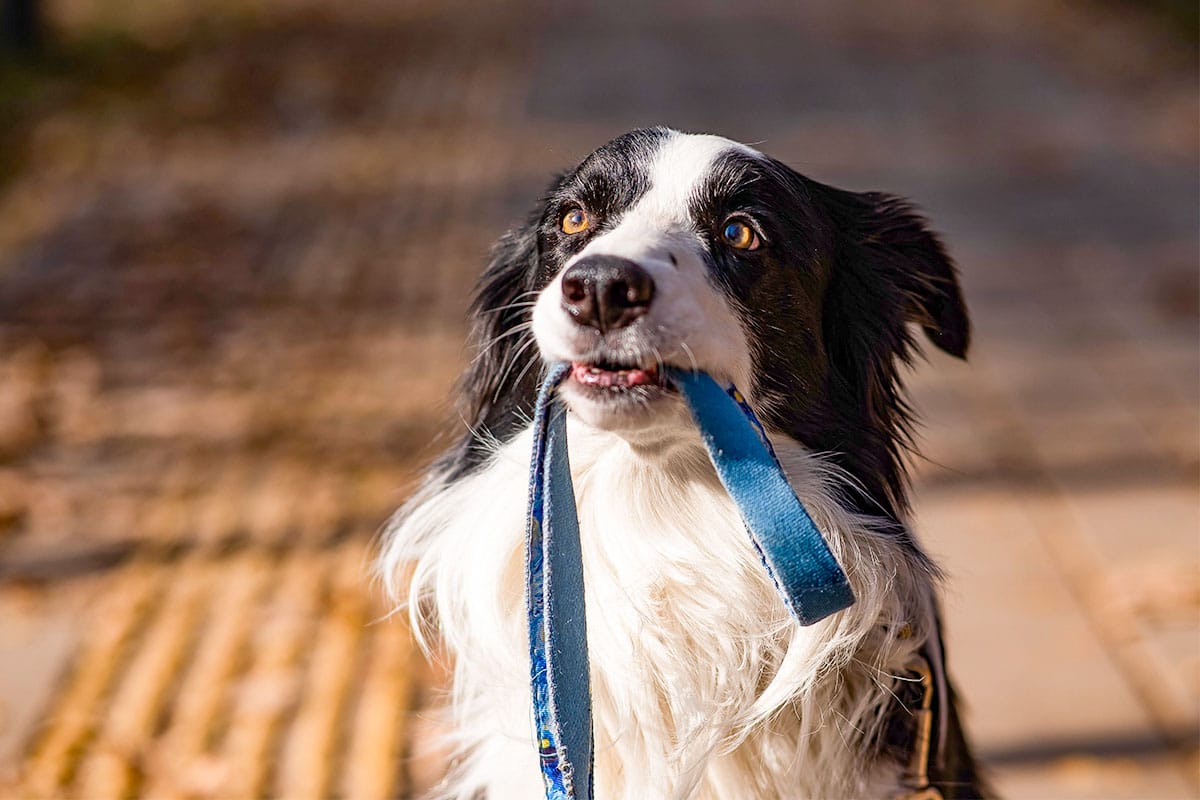




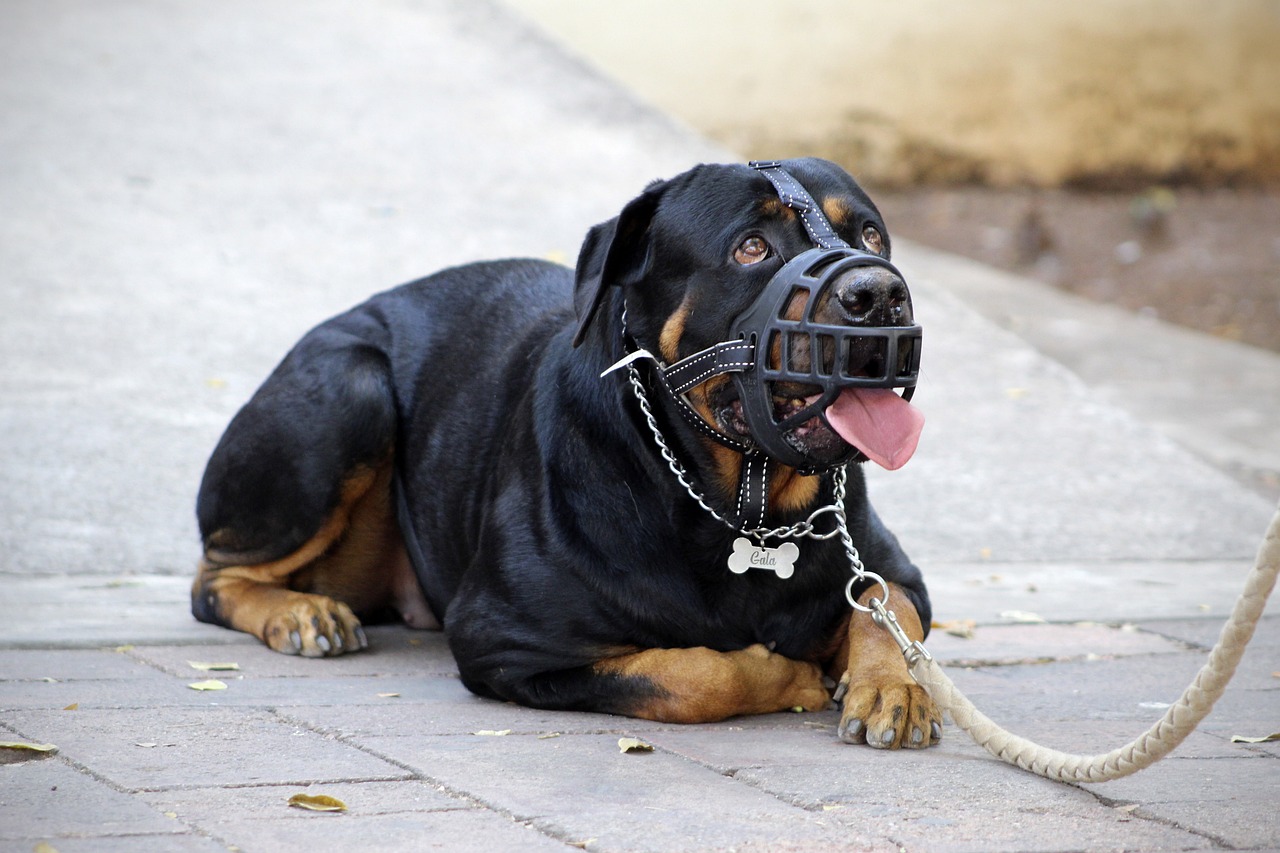


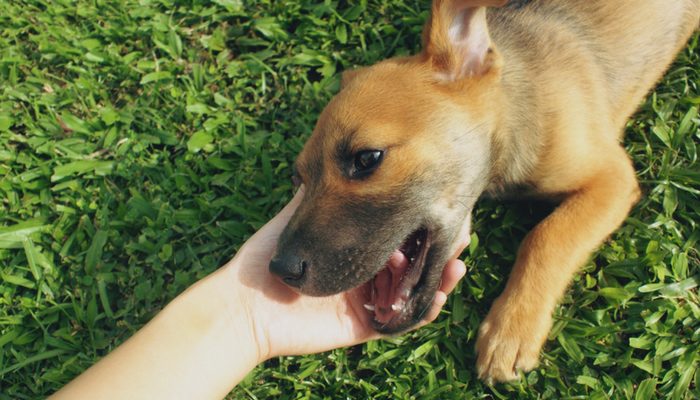

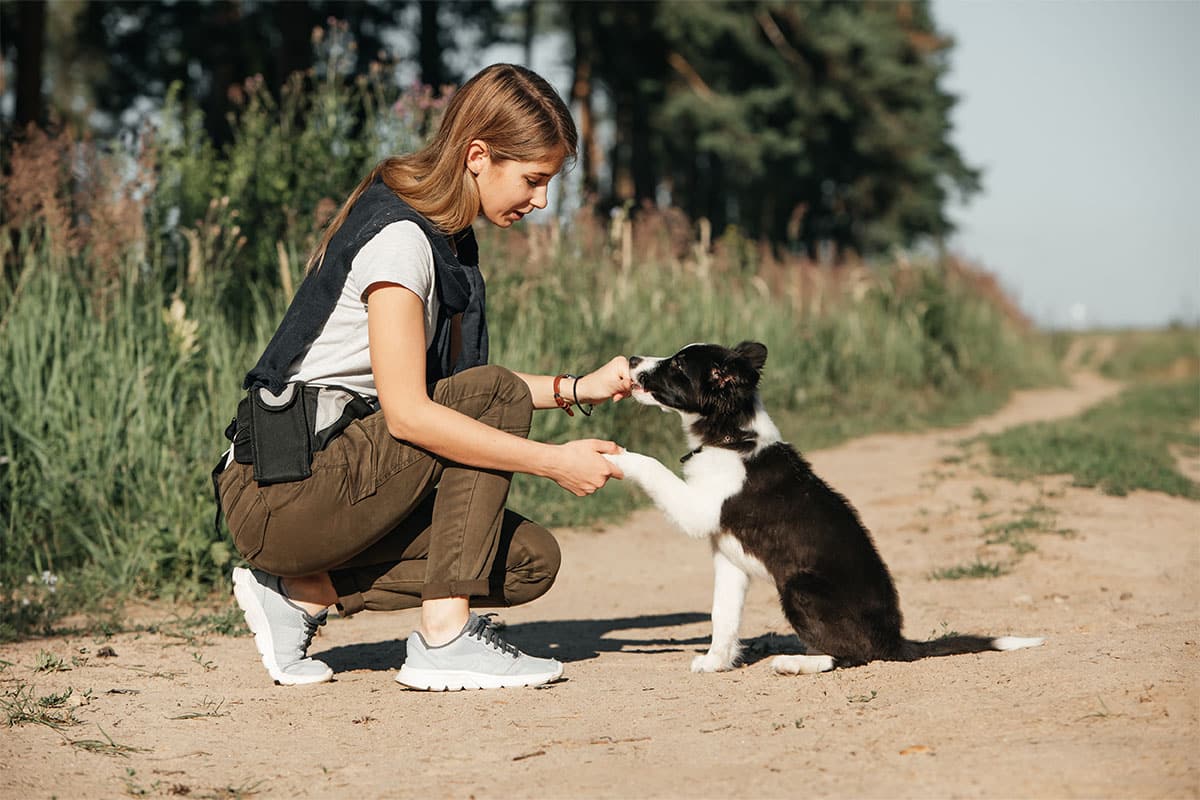



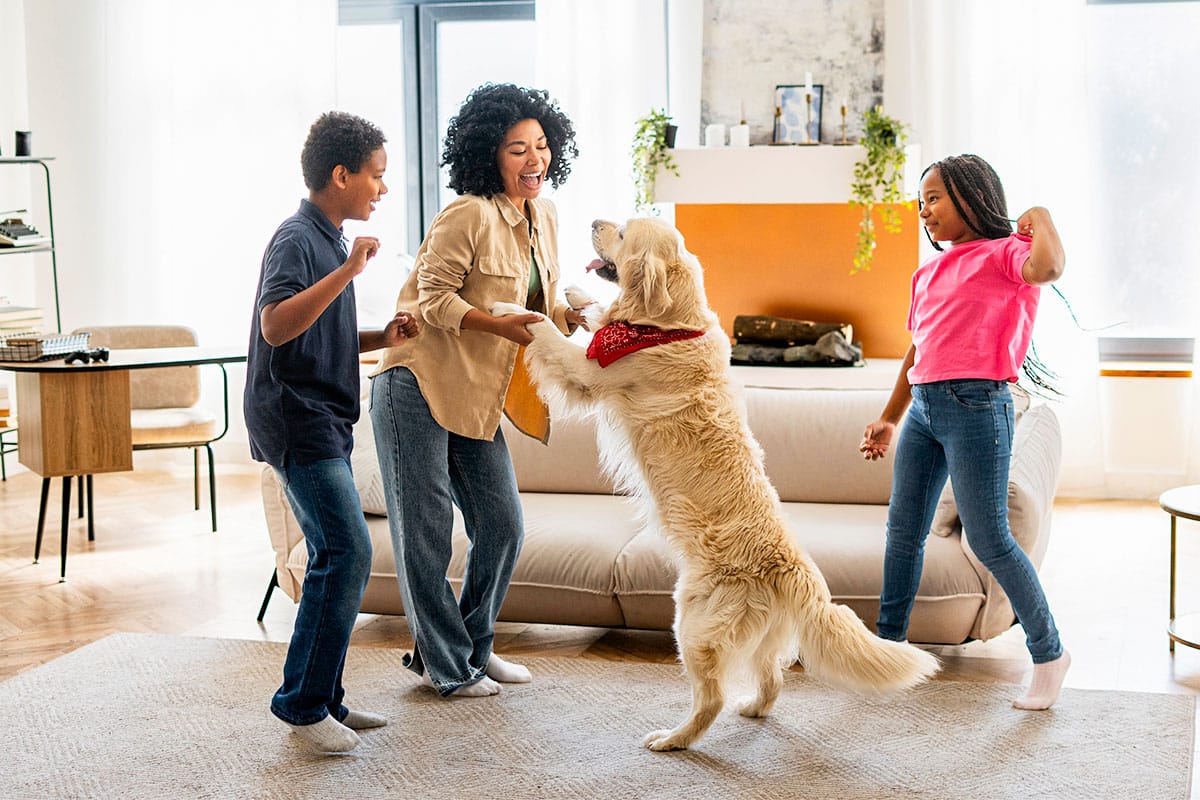

 English (US) ·
English (US) ·